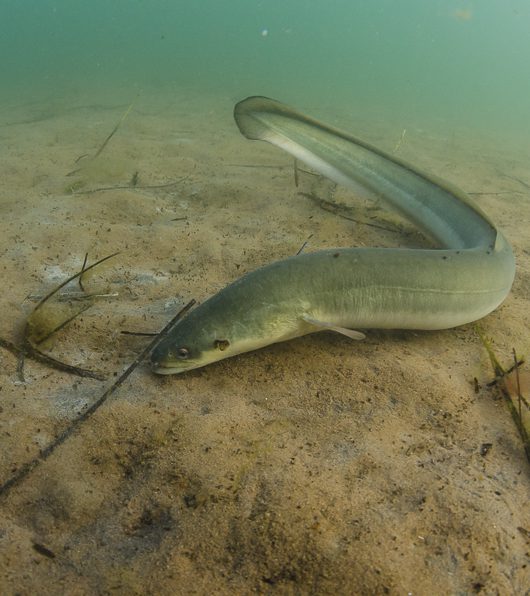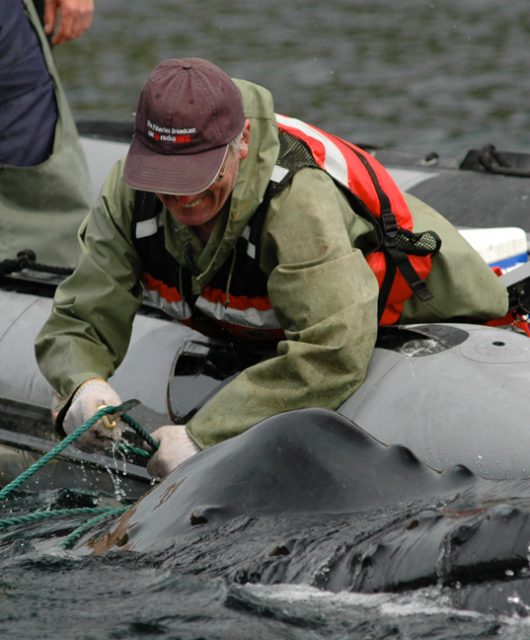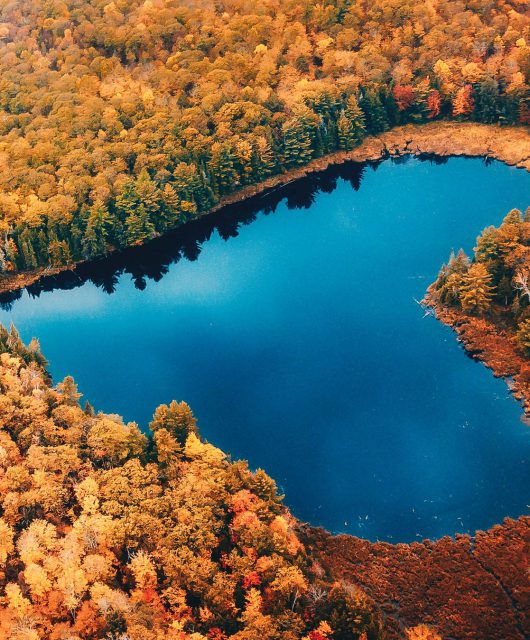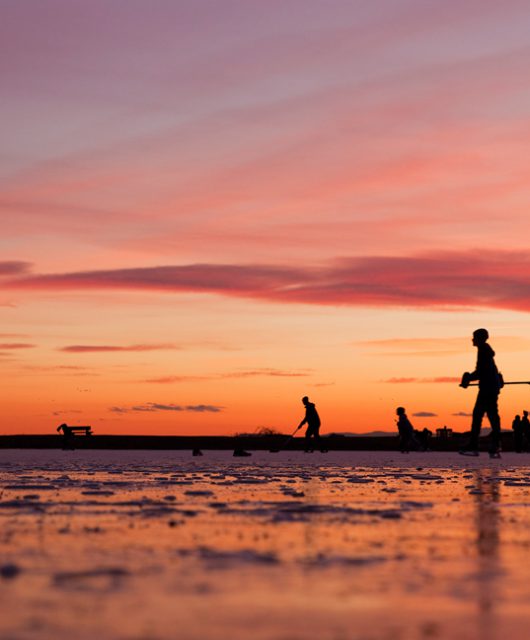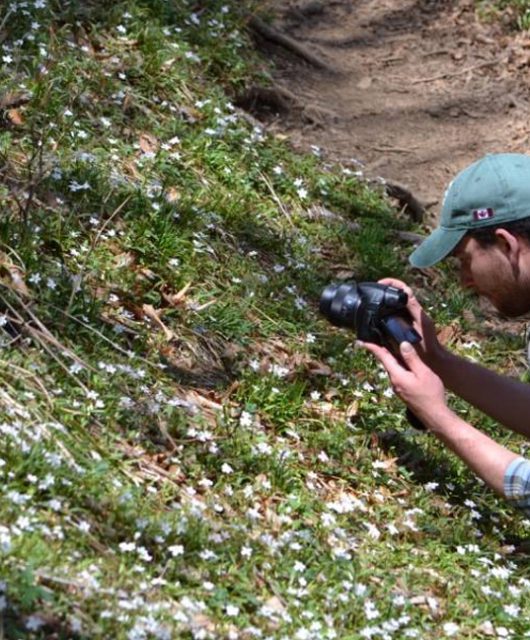Search Results for
ai
CWF Appeals to Government of Canada to Take Immediate Action to Save Eels
Today, we (the Canadian Wildlife Federation and partners) submitted a letter to the Honourable Dominic LeBlanc, Minister of Fisheries and Oceans, asking for immediate conservation action for American Eel. A…
Winter Camping Beneath the Stars in Algonquin Provincial Park
When I discovered I’d be one of nine youth setting out on a snowshoeing and dog sledding expedition to Ontario’s Algonquin Park (Canada’s oldest provincial park), I was overjoyed by…
Outward Bound Expedition
What an experience! Where to start? Last week I joined eight other individuals on a 10 day winter camping expedition within the Algonquin Highlands. Let me tell you, this experience…
Marine Animal Responses of 2017
With 2017 behind us, it is a perfect time to reflect on the marine animal response events of the year, and the tireless efforts of the people behind them. 2017…
Dear Canada: Will You Be My Valentine?
‘True patriot love’ is a phrase we hold dear to our hearts as Canadians. Valentine’s Day is a perfect time to be reminded of that love! There’s no better place…
On Golden Pond: Lacing ’em Up in Nature’s Playground
I’ve always been amazed by artists who can stare at a block of wood, granite or cement and somehow envision a statue hidden away inside, just waiting to be liberated…
Putting Citizen Science in Action To Capture Canada’s “Nature Selfie.”
Imagine taking a photo of an unknown organism, posting it online and immediately having it identified by expert naturalists from around the world. iNaturalist is an online service that allows…

